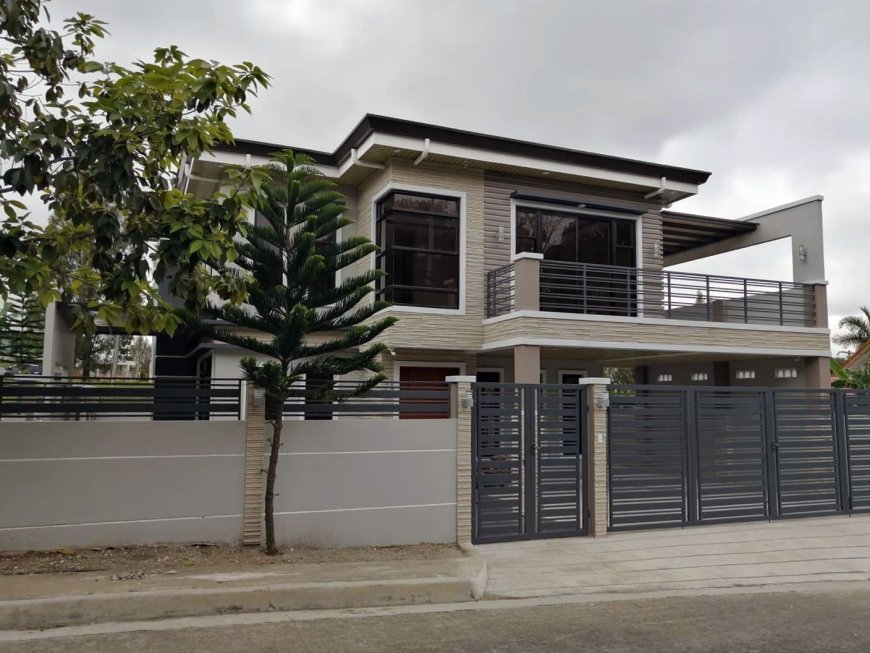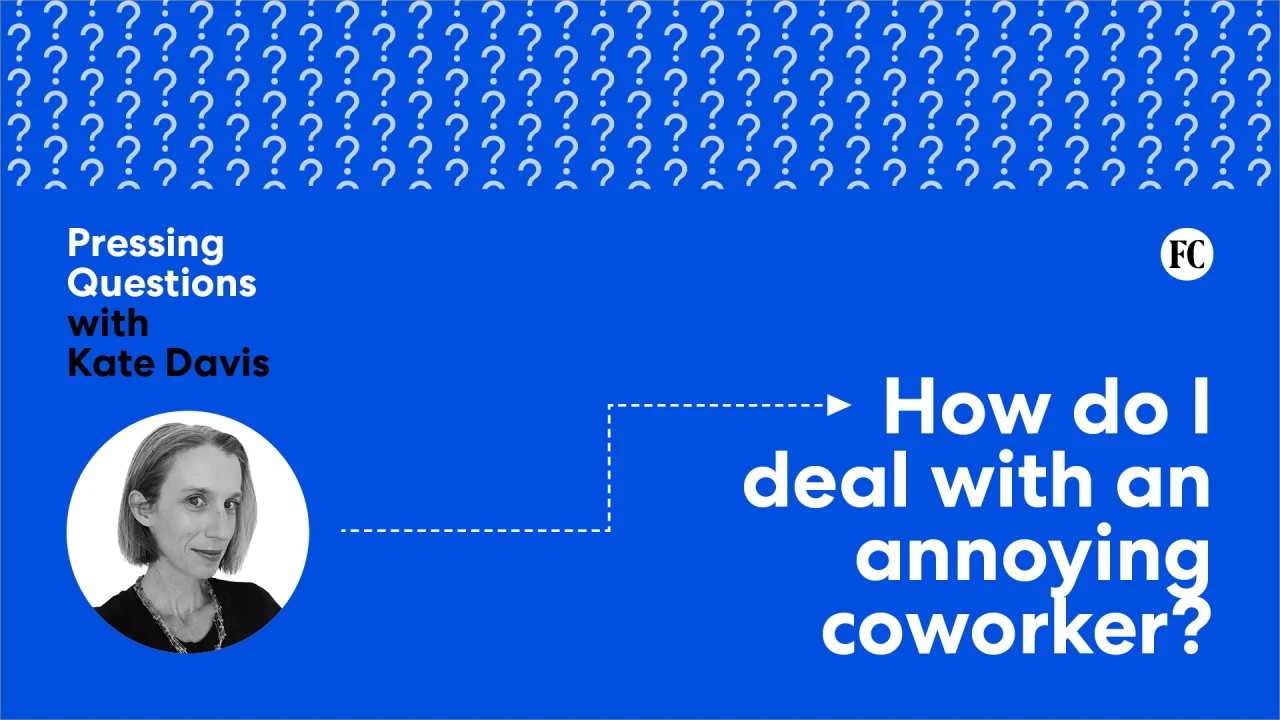From Browsing to Signing: How to Lease Property Like a Pro
Leasing a home can feel overwhelming—especially if it's your first time navigating the market. From the excitement of finding listings to the stress of signing contracts, it’s a journey filled with hopes, questions, and sometimes confusion. But understanding the process makes all the difference. Whether you're eyeing a cosy studio or a spacious family home, learning how to lease property like a pro ensures you're prepared for every step. With insight, patience, and the right support, leasing can become a smooth and empowering experience. Let's walk through it together.

Leasing a home can feel overwhelming—especially if it's your first time navigating the market. From the excitement of finding listings to the stress of signing contracts, it’s a journey filled with hopes, questions, and sometimes confusion. But understanding the process makes all the difference. Whether you're eyeing a cosy studio or a spacious family home, learning how to lease property like a pro ensures you're prepared for every step. With insight, patience, and the right support, leasing can become a smooth and empowering experience. Let's walk through it together.
Understanding the Leasing Landscape in the UK
Before you dive into listings for properties for lease, it's crucial to understand how the UK property market operates. In the UK, leasing (often referred to as “letting”) is generally done through estate or letting agents, though some landlords advertise directly. Sites like Rightmove, Zoopla, and OnTheMarket have become go-to platforms for renters, offering comprehensive filters to help narrow down your search by location, budget, and property type. It's worth spending time on these portals to get a feel for what’s available in your desired area and what the going rates are. Unlike purchasing, leasing often moves fast—properties can be snapped up within days—so understanding the pace of the market is key.
On the emotional front, the rental market can feel daunting. You're not just finding a roof over your head—you’re choosing a space that will shape your daily life. Many people get attached to a certain aesthetic, view, or neighborhood, which can create a lot of pressure. Keep in mind that the market can fluctuate depending on demand, location, and even the season. Renting in cities like London or Manchester can be significantly more competitive than in rural or suburban areas. Trust in your process, remain flexible, and don’t rush—what’s meant for you will come with clarity and confidence when you're informed and prepared.
Setting Your Budget (and Sticking to It)
It’s tempting to stretch your budget for that perfect kitchen or those charming period features—but before you fall in love with a property, establish what you can truly afford. In the UK, a good rule of thumb is that your rent should not exceed 30-35% of your monthly income. This ensures you leave room for other essentials such as council tax, utilities, and transport. When reviewing listings for properties for lease, always look for whether bills are included or not. Some rentals, particularly student or flatshare options, may include water, internet, or electricity, while others may not. Understanding the true cost is critical to avoid financial strain down the line.
The emotional side of budgeting is often overlooked. You might feel frustrated if you can’t afford properties in your dream area. It’s okay to grieve those “almosts.” But leasing a home shouldn’t mean sacrificing peace of mind. Sticking to your budget empowers you—it means you’ll sleep soundly knowing your rent is paid and your lifestyle is sustainable. It also allows room for enjoying life’s other pleasures, from dinners out to weekend getaways. The right home isn’t just a place you love—it’s a place you can afford to love without compromise.
Browsing Properties for Lease with Intention
When browsing properties for lease, it’s easy to feel overwhelmed by the sheer volume of choices. That’s why browsing with intention is so important. Start by identifying your must-haves and nice-to-haves. Must-haves might include proximity to work, a pet-friendly policy, or a certain number of bedrooms. Nice-to-haves could be a garden, parking, or a dishwasher. Using these filters on platforms like Zoopla and Rightmove helps you narrow down the options and avoid distraction. Setting up email alerts for new listings can give you a competitive edge in a fast-moving market.
Emotionally, this is the stage where hope begins to bloom. You start to picture your life in these homes. But it’s also where disappointment can creep in—properties might be gone before you get to view them, or they might look better online than in person. Try to detach slightly from listings until you’ve viewed the property yourself. Think of this as the dating phase: browsing is about exploring possibilities, not commitments. Keep an open mind—sometimes the best fit is one you wouldn’t have originally considered.
Viewing Like a Professional
Viewings are more than a walkthrough—they're your chance to inspect, ask, and imagine. Arrive early, take notes, and don’t be shy. Ask about the heating system, insulation, water pressure, and the condition of appliances. Check windows and doors for drafts or damage. Look for damp, mould, and signs of pest issues. Enquire about the neighbors, previous tenants, and how responsive the landlord is. A professional approach shows letting agents you’re serious—and helps you spot red flags early.
There’s a strong emotional component to viewings too. You may feel excited, nervous, or even rushed. Some properties will “click” immediately, while others might not feel right despite looking good on paper. Trust your instincts—if a place feels off, even if it ticks all your boxes, it might not be your home. And remember, it's okay to fall in love with a place, but always do your due diligence. Your safety, comfort, and long-term wellbeing matter more than high ceilings or Instagram-worthy tile.
Application Process: Standing Out as a Tenant
If you’ve found the one, act fast. Good properties can receive multiple offers within hours. Prepare your documentation in advance: ID, proof of income (usually three months of payslips), references from previous landlords, and sometimes a guarantor if your income doesn’t meet the threshold. Most agents or landlords will run a credit check to confirm your financial reliability. Make sure your credit report is in good shape beforehand, and settle any outstanding debts if possible. Being prompt, polite, and organised will help you stand out.
Emotionally, this stage can feel tense—especially when you're waiting to hear back. You may worry about losing your dream property. Remember, the application process isn’t personal. If you’re turned down, it’s usually due to financial policies or timing. Keep your confidence. Being prepared and responsive is your best asset. And know this: the right property will come with less resistance. What’s meant for you will feel aligned, not impossible.
Understanding the Tenancy Agreement
A tenancy agreement is a legal contract that protects both you and the landlord. Read it carefully. It outlines the rental term, responsibilities, notice periods, deposit terms, and more. In the UK, the most common type is an Assured Shorthold Tenancy (AST), typically lasting 6 or 12 months. Pay special attention to break clauses, repair responsibilities, and any restrictions (such as subletting or decorating). If you’re unsure about any clause, don’t hesitate to consult Citizens Advice or a solicitor. It’s crucial to fully understand what you’re committing to before signing.
Signing a tenancy agreement can be emotional—it marks the beginning of a new chapter. But excitement can sometimes lead to overlooking the fine print. Take your time. Read slowly, ask questions, and seek clarity. It’s okay to negotiate if something feels off. The agreement should protect you, not trap you. A professional approach is to treat this moment not just as a transaction but as a declaration: you’re investing in your home, your safety, and your future stability.
Deposits, Fees, and Moving In
Before moving in, you’ll need to pay a security deposit, usually capped at five weeks’ rent. This is held in a government-approved tenancy deposit scheme (like MyDeposits, DPS, or TDS) to protect both parties. You may also pay one month’s rent upfront. Since 2019, letting fees have been banned in England, but you can still be charged for specific services like replacing lost keys. Always get receipts and confirm everything in writing. Request an inventory of the property upon move-in, noting any existing damages or wear.
Moving in can be a whirlwind of excitement and stress. You might feel overwhelmed by the logistics—packing, utility setup, changing your address. But it's also a deeply emotional moment. You’re planting roots. Take time to make the space your own, even with small touches. Light your favourite candle, hang up a few photos. Let it feel like home. And remember, protect your peace by starting organized—label boxes, make lists, and give yourself breathing room to settle in.
Living Responsibly and Knowing Your Rights
Once you’ve settled in, the key to a great tenancy is communication and responsibility. Report repairs promptly. Keep the space clean and avoid causing damage. Respect your neighbors and the terms of your agreement. At the same time, understand your tenant rights. Landlords must maintain the property’s safety (including gas, fire, and electrical safety), give proper notice before visits, and return your deposit if conditions are met. If disputes arise, local councils or Citizens Advice can offer support and mediation.
Emotionally, settling into a rental can come with ups and downs. At first, it may not feel like “yours”—especially if you can’t decorate freely. But over time, routines and memories transform it into a home. Owning your role as a tenant isn’t just about paying rent—it’s about respecting the space, asserting your rights, and creating a life within those walls. You deserve to feel safe and respected in your lease, and knowing your rights ensures you always will.
Planning Ahead: Renewal, Exit, or Buying
Toward the end of your lease, you’ll face a choice: renew, exit, or move toward ownership. If you’ve loved your rental, ask to renew the agreement—some landlords offer discounts for long-term tenants. If you’re planning to move, give notice in writing according to the agreement. Leave the home clean and take photos to protect your deposit return. For many, this stage prompts a new dream: to find a property for sale and buy their first home. If that’s your path, start exploring mortgage options, building credit, and speaking with estate agents.
This stage is bittersweet. Leaving a beloved space can feel like saying goodbye to a chapter of your life. But it’s also empowering. You’ve learned how to lease property like a pro. You’ve built the skills to make smart choices, advocate for yourself, and create a home. Whether you're moving to another rental or aiming to find a property for sale, you’re equipped for the journey. Every experience has shaped your understanding, and with each move, you grow closer to the life—and home—you envision.



































































![https //g.co/recover for help [1-866-719-1006]](https://newsquo.com/uploads/images/202506/image_430x256_684949454da3e.jpg)

























![[PATREON EXCLUSIVE] The Power of No: How to Say It, Mean It, and Lead with It](https://tpgblog.com/wp-content/uploads/2025/06/just-say-no.jpg?#)





















































